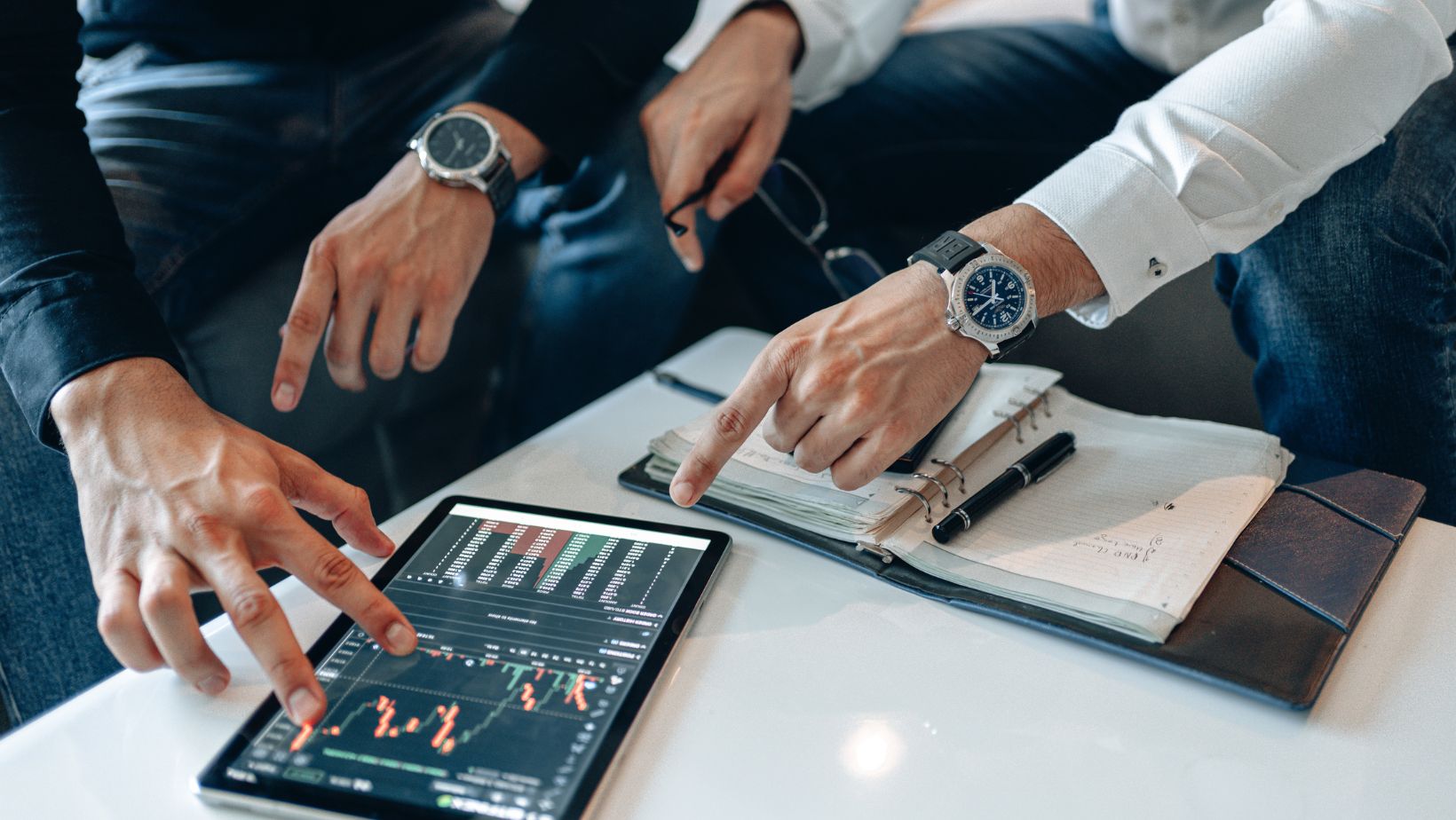Choosing a decentralized exchange can shape how safely and efficiently an investor trades digital assets. The right platform protects funds, offers fair prices, and provides control without relying on a central authority. A dependable decentralized exchange allows investors to trade directly from their wallets while maintaining full ownership of their assets.
Many exchanges promise security and low fees, yet not all deliver on those claims. Some lack liquidity, while others face smart contract issues or poor user support. Therefore, investors need to look beyond popularity and examine how each platform handles transparency, audits, and transaction reliability.
A clear understanding of how decentralized exchanges operate helps investors separate strong platforms from risky ones. By focusing on trust, usability, and cost, they can select an exchange that fits their trading goals and risk tolerance.
Key Criteria for Evaluating Decentralized Exchanges
A reliable decentralized exchange must prove its trust through transparent code, deep liquidity, and wide token access. Each factor affects how safely and efficiently investors can trade digital assets across networks.
Security and Smart Contract Audits
Security defines the credibility of any decentralized exchange. A trusted decentralized exchange must operate with fully audited smart contracts. Independent code reviews by reputable firms help detect vulnerabilities before they lead to losses. Platforms that publish audit results show accountability and technical confidence.
Self-custody also matters. Users should retain control of their private keys rather than deposit funds into a central wallet. This reduces the risk of hacks targeting custodial systems. In addition, multi-signature wallets and bug bounty programs add extra safety layers.
Some exchanges emphasize non-custodial trading and low gas fees while maintaining on-chain transparency. However, even with audits and strong architecture, investors should test with small amounts first and confirm that the exchange’s contracts remain open-source and verifiable on the blockchain.
Liquidity and Trading Volume
Liquidity determines how easily users can execute trades without causing large price swings. A DEX with high trading volume and deep liquidity pools allows faster order execution and tighter spreads. Low liquidity often leads to slippage, which can reduce profits or increase losses.
Reliable exchanges attract liquidity through incentives, partnerships, or integration with aggregators. For example, many top DEXs pool assets from multiple chains to strengthen depth across markets. Consistent 24-hour volume data is a good sign of healthy activity.
Investors should compare liquidity across major pairs like BTC, ETH, and stablecoins. Stable and high-volume pairs usually signal strong market participation. Transparent dashboards showing pool sizes and real-time metrics help users confirm that liquidity claims match reality.
Supported Tokens and Networks
A decentralized exchange’s token and network coverage affect its usefulness. Broad support for assets across Ethereum, Arbitrum, Polygon, and other chains gives traders flexibility to manage portfolios in one place. Multi-chain access also helps reduce network congestion and fee costs.
A trusted decentralized exchange should list verified tokens only. Scam tokens or unaudited contracts can expose users to losses. Exchanges that integrate cross-chain bridges or wrapped assets expand access while preserving decentralized control.
Before trading, users should confirm that the listed assets match official contract addresses. Reliable platforms often display verified tags or link to blockchain explorers. Wide token access combined with secure network integration creates a balanced environment for both casual and professional traders.
Assessing Platform Trustworthiness
A trustworthy decentralized exchange protects user funds, publishes verifiable data, and operates under clear rules. Investors should look for open code, honest communication, and compliance with applicable laws to reduce the risk of fraud or technical failure.
Transparency and Open-Source Protocols
Transparent platforms allow users to verify how trades occur and how funds move. Open-source code lets developers inspect smart contracts for errors or hidden functions that could compromise security. This public access builds accountability and helps detect flaws before they cause loss.
Investors should confirm that the exchange publishes its smart contract addresses and audit results. Independent audits by credible blockchain security firms add another layer of confidence.
Clear documentation also matters. Platforms that explain how fees, liquidity pools, and governance systems work tend to be safer choices. A transparent system gives users factual insight into the exchange’s structure rather than relying on marketing claims.
Reputation and Community Feedback
Reputation reflects how a platform treats its users. A history of delayed withdrawals, poor support, or unresolved bugs signals potential risk. Checking online forums, blockchain explorers, and independent review sites helps verify whether users report consistent issues.
Active communities often reveal how responsive a development team is. Platforms that answer questions and fix problems quickly show stronger accountability.
It also helps to compare feedback across multiple sources. A pattern of honest communication and timely updates usually indicates a dependable operation. In contrast, a lack of engagement or repeated complaints about lost funds should raise concern.
Regulatory Considerations
Regulation shapes how a decentralized exchange interacts with global users. Some jurisdictions restrict access to certain tokens or require identity verification. Investors should review the exchange’s terms to confirm compliance with their local laws.
A platform that follows clear legal standards reduces the chance of sudden shutdowns or frozen assets. Exchanges that publish their compliance policies show a commitment to lawful operation.
Users should also check whether the exchange blocks high-risk regions or follows sanctions lists. These measures indicate awareness of legal obligations and help maintain safer trading conditions for all participants.
User Experience and Cost Factors
A decentralized exchange should balance ease of use, transparency, and affordability. A good platform helps traders move assets quickly, understand fees clearly, and connect their wallets without technical problems.
Interface and Ease of Use
A clear and simple interface helps users trade without confusion. Many decentralized exchanges now use dashboards that show token prices, liquidity pools, and swap options in one place. This layout reduces errors and helps users act faster in volatile markets.
Navigation also matters. Traders should find tools like charts, transaction history, and order types without searching through menus. A clean design that avoids clutter makes trading smoother.
Some platforms include tutorials, tooltips, and demo modes. These features help new users understand how to place trades or connect wallets. Mobile accessibility also improves convenience since many investors prefer to manage assets on phones or tablets.
Fee Structure and Hidden Costs
Every transaction on a decentralized exchange includes network fees and platform charges. The total cost often depends on blockchain congestion and token type. Traders should compare these expenses before choosing a platform.
Some exchanges charge a flat percentage per trade, while others include fees within exchange rates. Transparent pricing helps users estimate costs more accurately.
Hidden costs may appear through slippage, gas spikes, or liquidity provider commissions. Reading fee policies and checking live cost data can prevent surprises. A platform that displays estimated fees before each swap helps users plan better.
Lower fees do not always mean better value. A slightly higher rate may offer stronger liquidity or faster confirmation times, which can save money in the long run.
Wallet Compatibility
A decentralized exchange must connect smoothly with major crypto wallets. Compatibility with both browser extensions and mobile wallets gives users more flexibility.
Non-custodial access keeps private keys under user control, reducing security risks. The exchange should support multiple wallet types, such as hardware, software, and Web3 wallets.
Security features like two-factor authentication and biometric access add protection. In addition, clear prompts during wallet connection reduce the chance of sending funds to the wrong address.
Platforms that support multiple blockchains allow users to trade across networks without manual transfers, saving time and avoiding extra costs.
Conclusion
A careful investor studies a decentralized exchange before trading. They check factors such as liquidity, fees, supported tokens, and wallet compatibility. These details help them avoid poor trade execution and unnecessary costs.
Security always matters. A trustworthy DEX uses smart contracts that have passed audits and protects users from manipulation or hidden fees. Transparent code and open transaction data give traders more confidence.
User experience also plays an important role. Clear interfaces, adjustable slippage, and fast trade settlement make trading smoother and reduce mistakes.
Each investor should match the exchange’s strengths to their own goals. A platform with higher liquidity may suit frequent traders, while one with more privacy features may appeal to long-term holders.





